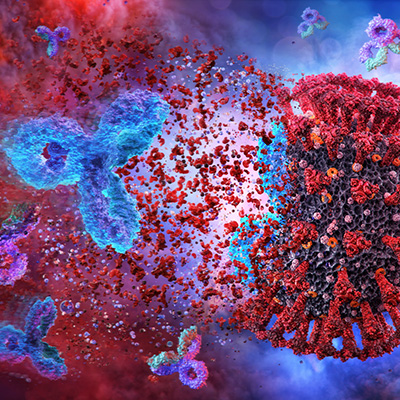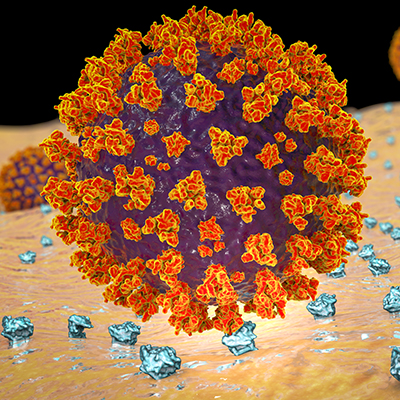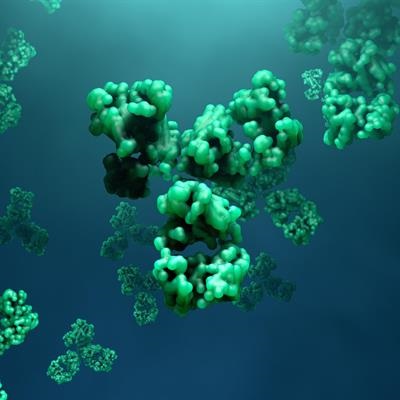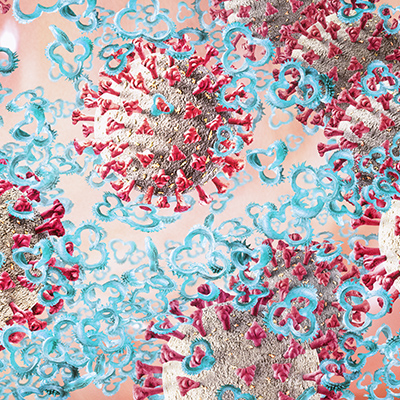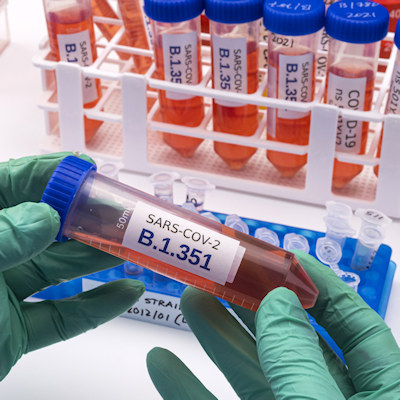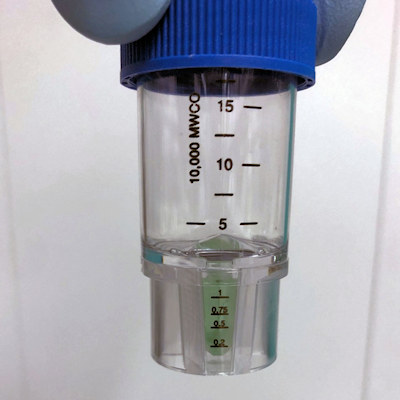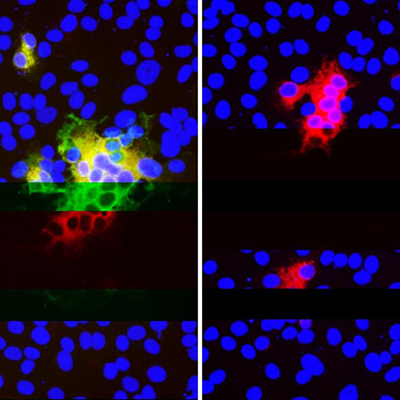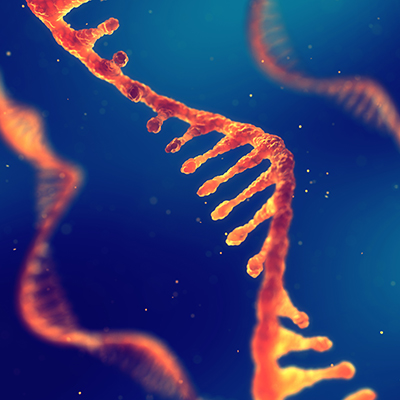January 30, 2023 -- Scientists at Switzerland's Institute for Research in Biomedicine (IRB) and their collaborators pored through over 10 million coronavirus sequences to discover that some portions of the virus spike were remarkably unchanged, despite the many currently circulating virus variants. The research, published on January 26 in Science Immunology, also revealed that certain antibodies recognize all SARS-CoV-2 variants, along with other human disease-causing coronaviruses.
The coronavirus keeps evolving; in doing so, it continues to evade human immune defenses. The emergence of SARS-CoV-2 variants diminishes the effectiveness of recommended vaccines, as well as the antiviral monoclonal antibody therapies prescribed for vulnerable populations. Researchers say this necessitates the continued development of immunotherapies and vaccines that are resilient to viral evolution.
To help meet this need, researchers sought to learn whether the entire coronavirus evolved, or whether some portions remained conserved, or unchanged. They found that while most of the virus continued to change rapidly, 15 regions did not change.
By analyzing samples from COVID-19 convalescent individuals, they found some had antibodies specific for all 15 of these conserved regions, called coldspots. While these antibodies are very rare, the researchers used a new method to help find them.
Coldspot-guided antibody discovery, a screening approach that focuses on portions of the virus spike glycoprotein that are both functionally relevant and averse to change, helped them identify human neutralizing antibodies to these highly conserved viral epitopes -- the antigen parts that are recognized by the immune system, specifically by antibodies, B cells, or T cells.
They found that antibody fp.006 binds the fusion peptide and cross-reacts against coronaviruses of the four subgroups (alpha, beta, gamma, and delta), including the nine human coronaviruses, through recognition of a conserved motif that includes the S2´ site of proteolytic cleavage -- the process whereby enzymes break the peptide bonds between amino acids in proteins.
Antibody hr2.016 targets the stem helix and neutralizes SARS-CoV-2 variants. Antibody sd1.040 binds to subdomain 1, synergizes with antibody rbd.042 for neutralization, and, like fp.006 and hr2.016, protects "humanized" mice expressing the human enzyme ACE2 (angiotensin-converting enzyme 2) against infection when present as a bispecific antibody.
The researchers concluded coldspot-guided antibody discovery reveals donor-derived neutralizing antibodies that are cross-reactive with Orthocoronavirinae, a subfamily of related human coronaviruses including SARS-CoV-2 variants, many of which sicken other animals as well. These antibodies blocked viral infection in laboratory experiments, even involving the latest variants, and also offered protection from the viruses in preclinical models. The researchers hope the new antibodies will be equally effective against future coronaviruses.
"It is likely that new coronaviruses that infect humans will emerge," said IRB director and senior author Dr. Davide Robbiani, PhD, in a statement. "Our findings indicate that it may be already possible to develop countermeasures that are broadly effective against present and also future coronaviruses."
Copyright © 2023 scienceboard.net

